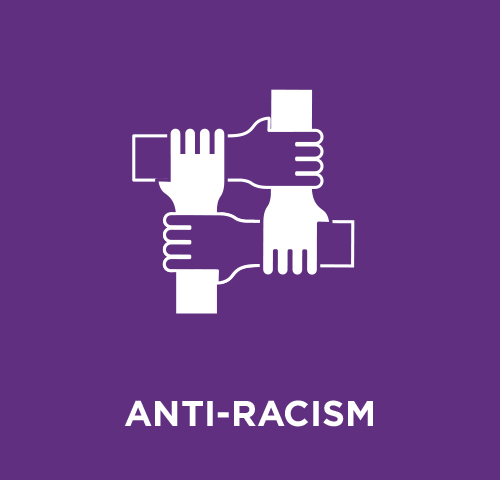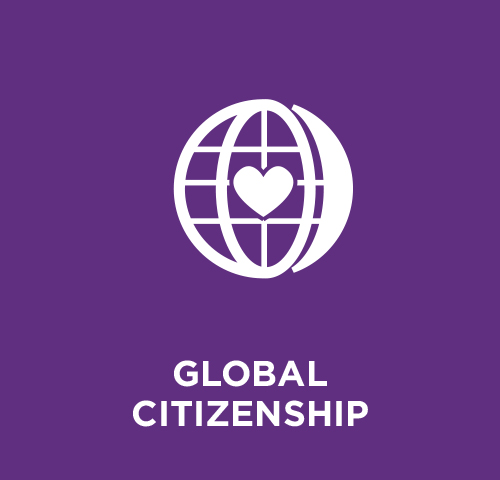The global climate movement is in motion, with folks trying to cut down their waste and carbon emissions in daily life. There are many ways to take action in your daily life.
This is the first time a global generation of children will grow up in a world made far more dangerous and uncertain as a result of a changing climate and degraded environment.
– Unicef
Environment and climate change
As extreme weather events such as cyclones and heatwaves increase in frequency and ferocity, they threaten children’s lives and destroy infrastructure critical to their well-being. Floods compromise water and sanitation facilities, leading to diseases such as cholera, to which children are particularly vulnerable. Learn more.
The 5 R’s of Sustainability
Refuse:
- Refusing one-use plastic items, such as straws, cutlery, plastic bags, etc
- carry your own water bottle
- carry a set of stainless steel or bamboo cutlery and reusable coffee cup when going out
- bring reusable bags when you go shopping
- bring reusable containers in case of leftovers when going out to eat
- Refusing to buy heavily packaged items in plastic/non-recyclable materials
- choosing natural, organic, local produce that uses less packaging at the grocery store
Reduce:
- Reducing your consumption of goods
- growing some of your own vegetables
- choosing long-lasting, durable items for your home and wardrobe, and keeping everything as long as possible
- making things yourself from scratch
- keep inventory of what you have at home and shop with a list so you don’t buy more than you need
Reuse:
- Buying second-hand clothing
- Reusing bags, food containers, etc
- Creating new items from the old
- Use cloth paper towels in the kitchen, bamboo cotton rounds for removing makeup, all which can be simply washed and reused
Repair:
- Before throwing something out, see if it can be repaired, restored, or turned into something new
Recycle:
- If you can’t avoid packaging, try buying products that are in recyclable materials
- Compost food scraps and other organic materials
Source: The Foundations of Living More Sustainably, Net Zero
Slow Fashion
- Often made to long laster than fast fashion, meaning you can buy less and save money over the long run
- Often made sustainably with more environmentally friendly materials, such as organic cotton, and with less chemicals
- Handmade locally or made in an ethical environment with fair wages, rather than a sweatshop
Be aware of greenwashing
Companies that make people believe that they’re doing more to protect the environment than they really are, through their behaviour, activities, or labelling.
The best way to avoid companies that are greenwashing is to do your research! Take a look at the way they talk about how they are being “eco-friendly.” For example, are they very vague, or using language that consumers wouldn’t understand? Do they tell you how and where their products are actually made? Do they tell you how their products are actually making a positive impact on the environment?
Local zero-waste shops

A Greener Place is a zero-waste general store and bulk refill in Waterdown. They believe that consumers have the strongest voices, even as individuals. If there is a higher demand of products that are more environmentally responsible, ethical, and functional, we can collectively create a big impact at a higher level.
Get involved

Everyone has the power to win campaigns and to create a more just, fair and sustainable world. There are lots of ways to take action locally from sharing our campaigns on social media to creating your own campaign. If you want to make change, here is a good place to start…
Back to Making a Difference



